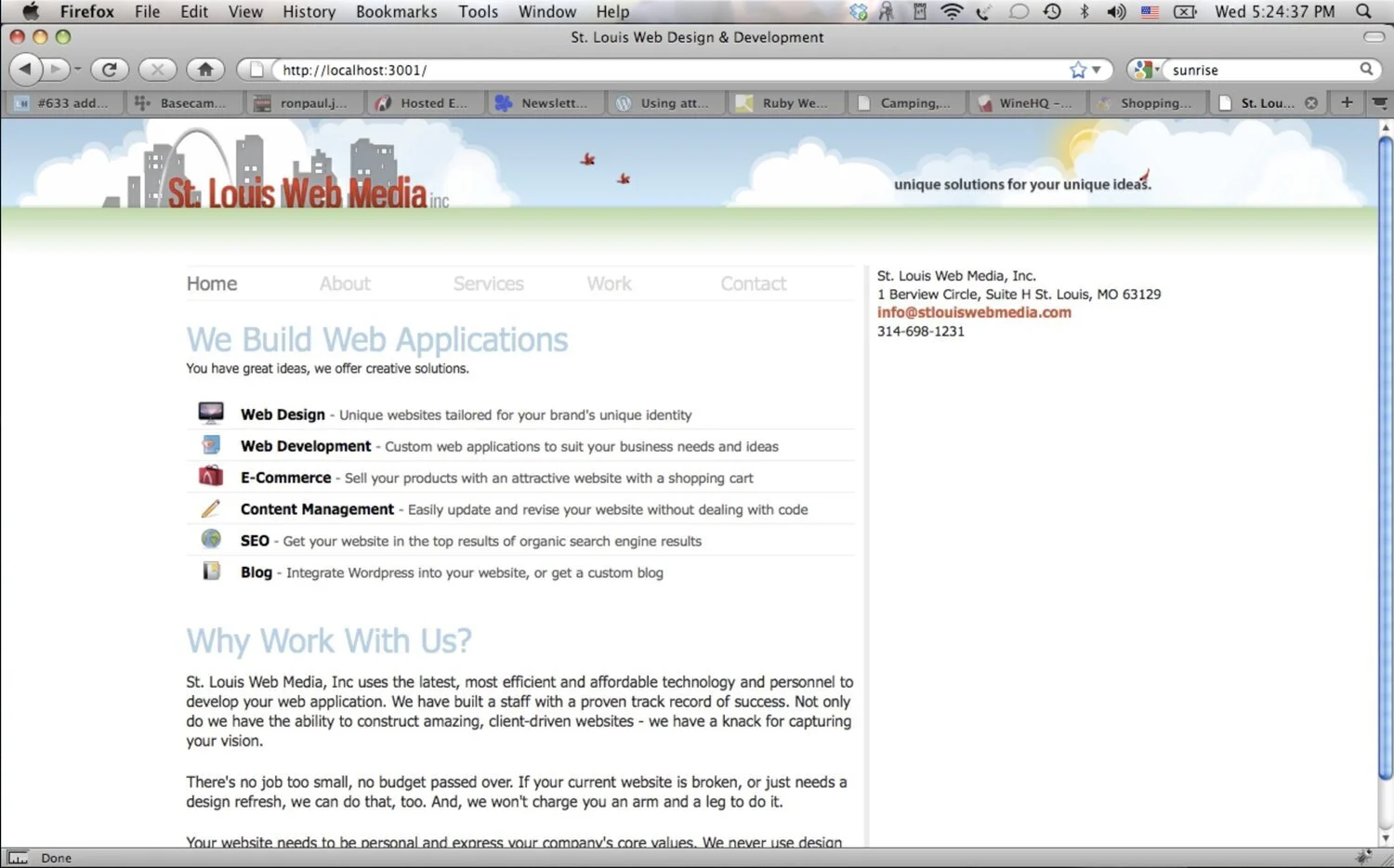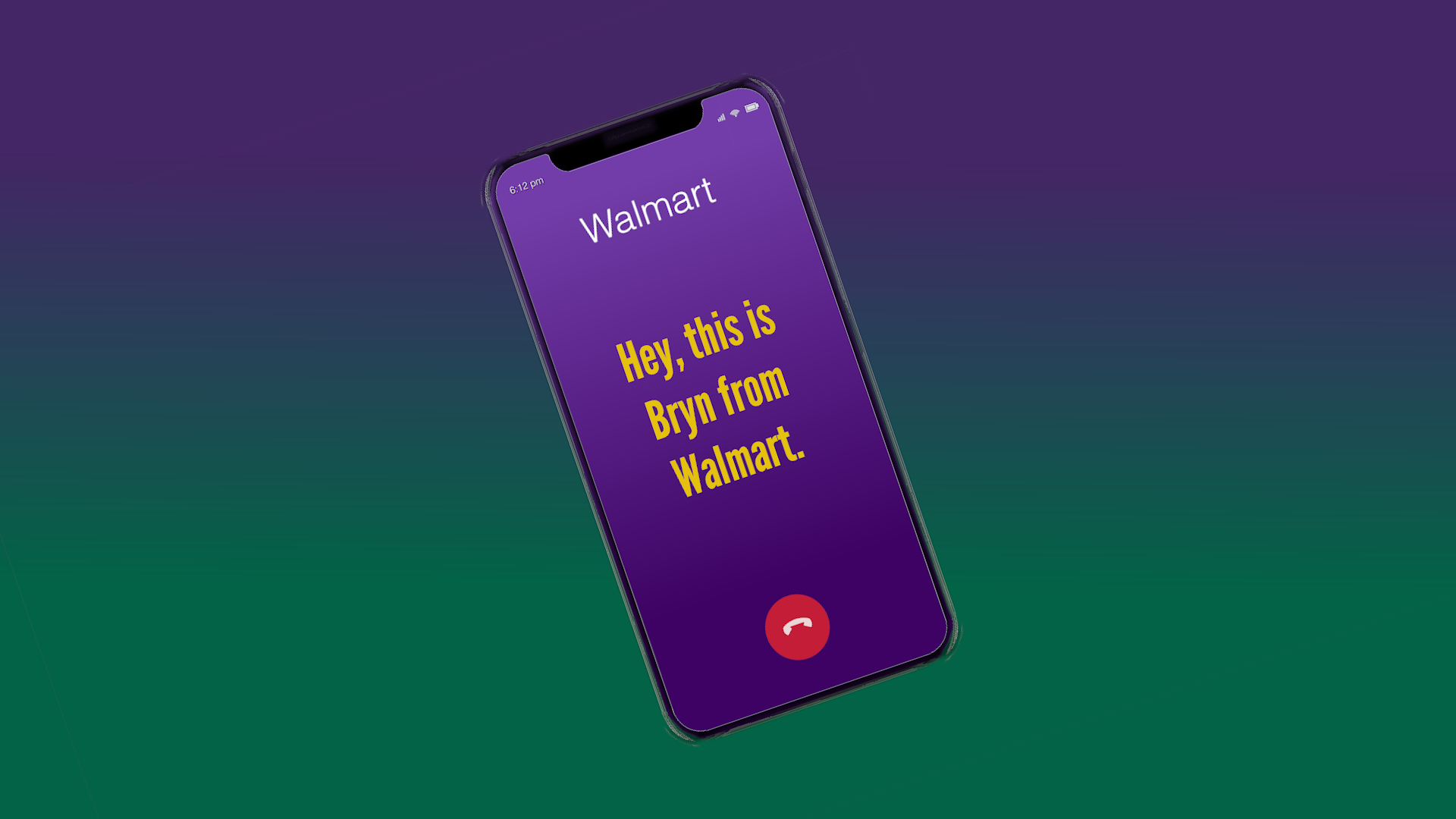“I had to invent this whole company to get work...”
WRITTEN BY KERRY TOMLINSON, AMPERE NEWS
AUGUST 3, 2021
Cher was in a tough spot. Pregnant, with little support and work experience to match, she needed a job.
Coding, she thought, was her only viable path.
"I had a really rough childhood and kind of early adult life," she said in an interview with Ampere News. "Because I dropped out of high school, even though I was very, very smart, I didn't have anything else to offer. I had worked in restaurants. Unfortunately, I had gotten into stripping. And that was really the only job experience that I had."
But Cher had taught herself to code in middle school. And she turned that into a job in Seattle in the late 2000's.
"It was kind of like the 'Hail Mary' of being like, 'Okay, I can write code. Hopefully I can make a life for a small person,’" she said.
LISTEN TO CHER’S STORY HERE:
Hear Cher’s story of how she had to pretend to be a man and even an entire company to get coding work.
MOVING TO FREELANCING
The $27,000 salary for her Seattle coding job, however, did not cover her childcare costs and rent. So she decided to try freelancing, eventually moving to St. Louis and answering Craigslist ads for coding work while building her programming skills. That's when she noticed a pattern.
"I had so many conversations with people where I would kind of do a pitch of, 'Okay, here's all of the things I can offer to solve your problems. Here's some basic design ideas,'" she said. "And they'd be like, 'Okay, cool, would it be all right if we talked with the programmers?' And I'm like, 'Well, I'm the programmer.'"
And then she would lose the job.
"When I said I was the one writing the code, men especially were very patronizing to me," she said. "It's almost like they just assume that you are not competent in what you're doing and that you shouldn't be writing the code. And that it would be better, they would be better served if they passed it off onto somebody else, they found somebody else to write the code."
TROUBLESHOOTING
Male friends in the industry told her they did not have those kinds of problems. They suggested she change her email address to just a first initial and her last name to hide the fact that she was a woman.
"I was so annoyed," she said. "And they're like, 'Well, a lot of authors have done that, a lot of women in history have done that sort of thing, scientists have done, that sort of thing.'"
So she did, with success. Until she spoke with clients by phone.
"It was working really well, but then it would get to the point where there was a phone call again. And I would always slip up and forget that I was trying to --- because I wasn't necessarily trying to lie. I was just trying to just not say up front, 'My name is Cher. So clearly, I'm a woman,'" she said. "So I was going by that route, but then again, I would lose them."
"I would say most people backed out at that point," she added.
TYPING TEST
In one discouraging case, Cher says a client who had been excited about her ideas and plans for his website via email looked shocked when she showed up for the meeting at his office.
"I was trying to go through the things that we had discussed via email and he kept interrupting me. And then it got to a point where he asked me to take a typing test," she said.
She passed the test. But that was not enough.
The client told her the last person he had spoken with was a man who could type extremely fast on two keyboards at once. She explained that programming was more about problem solving than typing.
The client grabbed two keyboards and held them together back-to-back like a sandwich. He told her the male programmer could code very quickly, running his hands up and down the two sandwiched keyboards at the same time.
"He's like, 'I think I'm just going to give him a call. I didn't think I wanted to pay. But I think I see I need to,'" Cher said.
At that point, Cher already had a portfolio, had built a social networking site, e-commerce sites with backends, and was in the first page of Google search results for her job description and title, she said.
"It was just so bizarre. And so 180-degrees different than the conversations we had via email, where he was very excited, loved my design pitches and the outlines and wireframes that I did for how I was going to make his business better and make him more money. And then suddenly when I was standing before him, all of that was just gone," she said.
SURVIVAL MODE
Cher needed more work to survive. She chose to make a brand, St. Louis Web Media, with its own website.
"I made the email even more ambiguous by making it 'info at St. LouisWebMedia-dot-com,'" she said. "When people would ask, could they talk to the engineering team? I would, I'm not kidding you,
I would just say that I outsourced the engineering to a great firm."
"No questions asked, nothing of me, nothing of the sort, it was just that simple. All I had to say was that, and they were fine with that," Cher said. "I was the secretary, the PM [project manager], the designer. I could be everything except the engineer."
Before the brand, Cher said she could only charge $20 an hour, and lost customers when she said she was the one doing the programming work. After the brand, she says she could charge much more and actually survive in the industry.
"Once I started the brand, I was able to charge those amounts that people were saying that I needed to be charging to pay my bills and to be taken seriously," she said.
She continued using St. Louis Web Media until she got a job at USA Today in 2011, she said, and is now a principal software programmer at Apple.
Cher created a front called St. Louis Web Media to get freelance work as a programmer.
WHY NOT START A 'REAL' COMPANY?
Cher says her skills are not in business, and the financial aspects of the brand were very difficult for her.
"I wouldn't have even have known the first thing about business," she said. "That's why still work as an individual contributor, because that's where I do my best work. And that's all I wanted to do."
"I wanted to build great things and make a living for myself and my child and that's that's what I had to do. If I had actually started a company, there would have been so much more involved in it. And that also takes money and I was in poverty."
2021
Now, more than a decade later, Cher posted about her experience on Twitter.
"One of the biggest things that --- even just from posting that --- that surprised me is that so many people were shocked," she said. "My story isn't unique. This is something that a lot of women have had to do in order to make it and to be successful."
"The reason I had to do it is because obviously because I needed to survive, but also because I actually thought I did not belong," she said.
Representation and role models are very important, not just for people aspiring to be in an industry, but also to shape the biases that other people have, according to Cher.
Once a high-school dropout, single mother and restaurant worker, she is now reflecting on a long career in software programming, with many more years to come.
She still gets messages from men and sometimes women saying she does not deserve the job she has, she said.
But giving up, at any step along the way? Not an option. Especially with a small person to care for.
"I struggled my way to get her to school and keep a roof over her head, keep the lights on, keep food in her belly, all of these things. The reason I was able to do that was because I freelanced," she said.
"That also gave me the space to learn, all of these other things, that eventually led me into the career track that I got into starting in 2011. And now 10 years later, I'm at Apple near the tippy-top of an engineering career without being in management."










